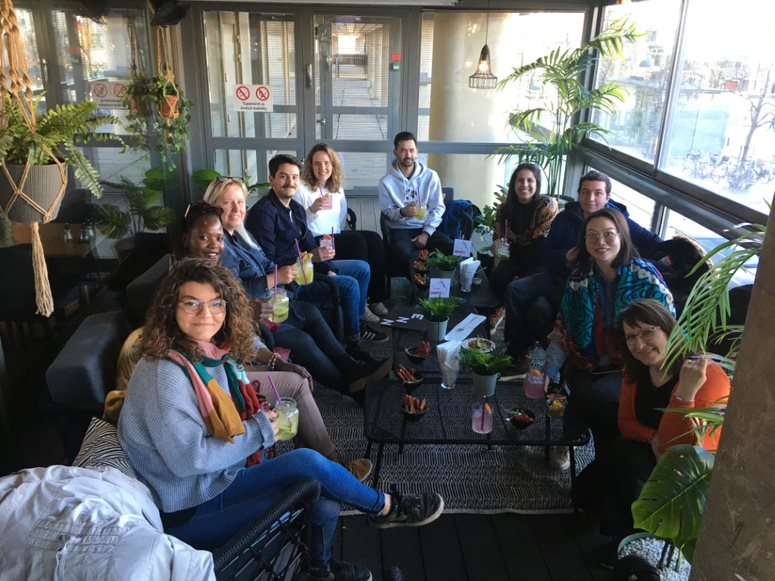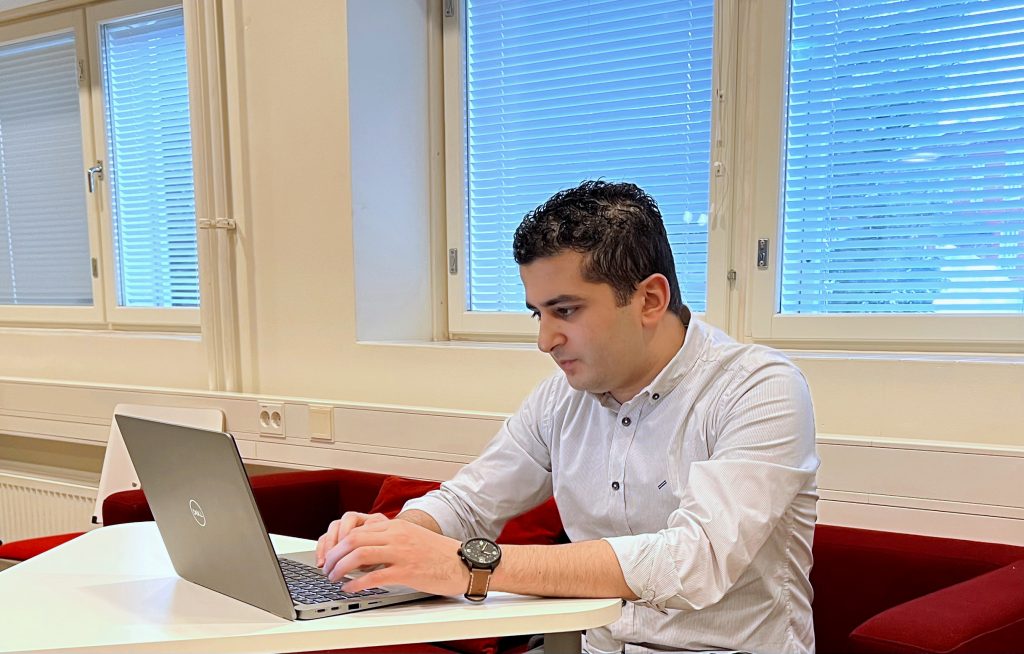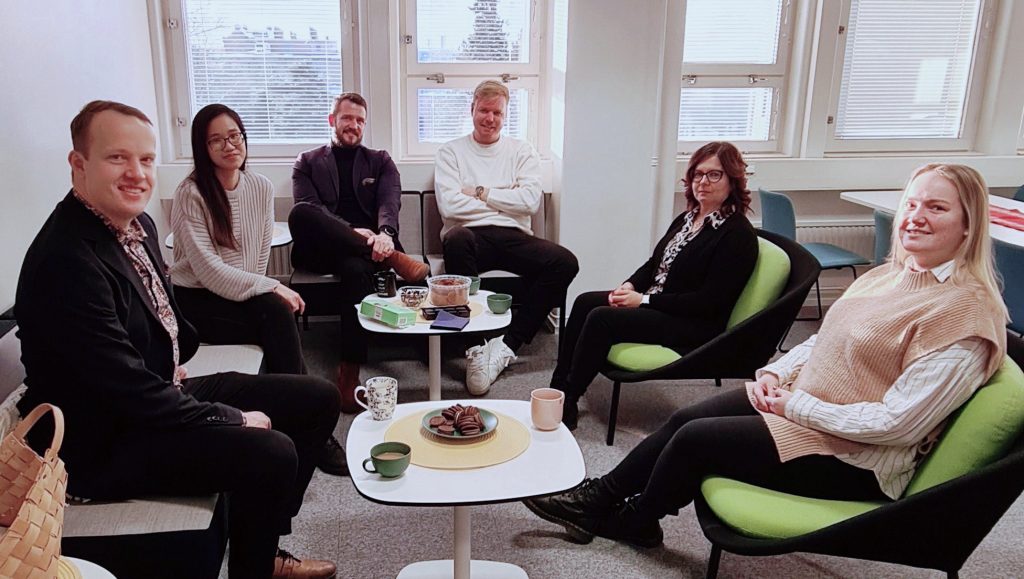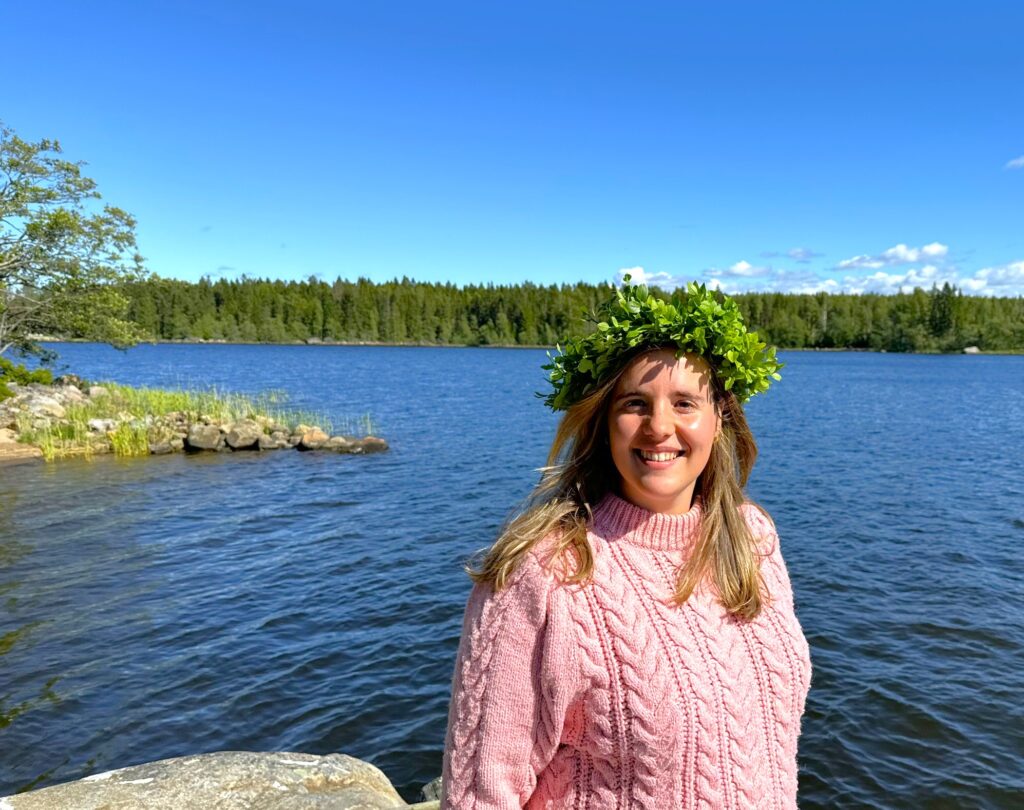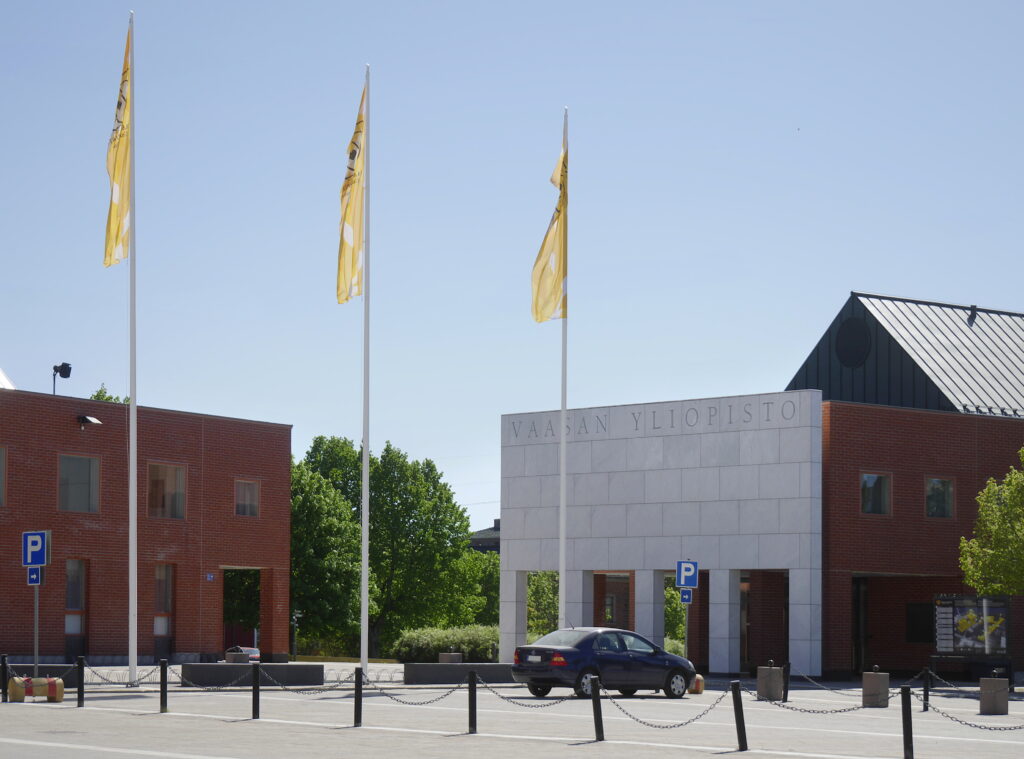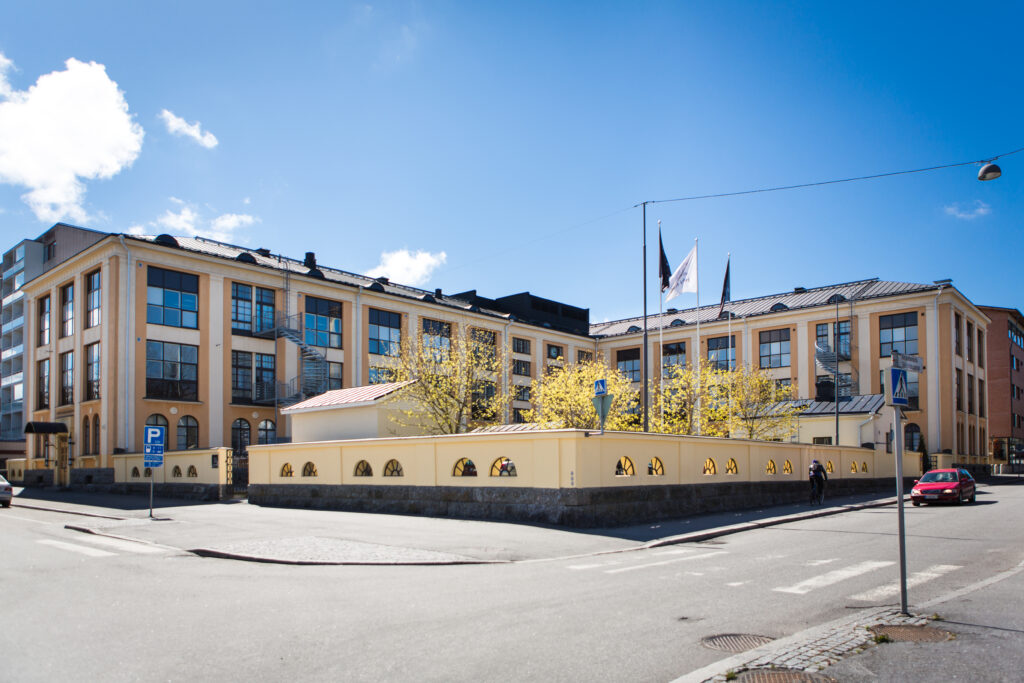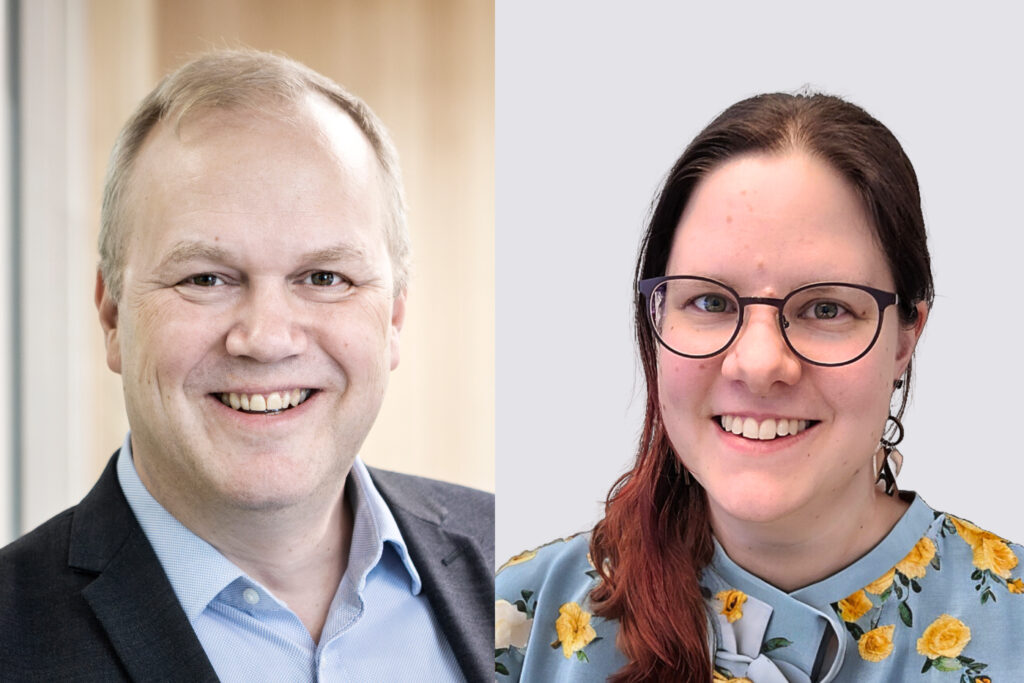With a growing shortage of skilled labour in many fields, Finland is notably trying to attract and retain more skilled internationals. Welcoming skilled labour from abroad can definitely boost the national economy and growth. However, while natural ice (which there is a lot of) can be endured quite simply by wearing more layers of clothes, breaking the cultural ice is more complex.
Recently, a national newspaper reported that 36% of the foreign graduates leave Finland after studying because of the language difficulties, immigration bureaucracy, and finding Finns too hard to connect with.
The third reason indicates a subtle issue that might not look like a huge obstacle, but it is just the tip of the iceberg. Embracing cultural difference enriches societies, makes diversity flourish, inspires fresh thoughts and brings new perspectives. However, to properly take advantage of cultural diversity, understanding and mutual trust are key.
This article reflects conversations with internationals revealing cultural contrasts from their perspective. They were participants of Vaasa International Talents, a talent-boosting platform contributing to filling the gap between the Finnish job market and skilled internationals by bringing together people from many different cultures.
Understanding the sociocultural differences
A recent graduate from Pakistan shared an exchange that happened at a party organized by her school friends: “During the party, when my friends asked me if I had brought my own drinks, I felt very embarrassed, since I didn’t know that this was expected when you were invited to a party in a western culture.”
This situation displays one of many differences between collective and individualistic societies, which can lead to awkward situations when someone from a collective society reaches individualistic circumstances or vice versa.
In Pakistan, the host of a gathering has a duty of hospitality in all cases, whether it’s a gathering of friends or one of family. People sometimes take gifts, but only if the relationship is a bit formal. The return rather comes in a form of a return invitation from the guest’s side, and so the wheel moves on.
By contrast, in an individualistic society like Finland, people generally are more comfortable with taking on responsibility for themselves. There are several reasons for this, such as different tastes, not burdening the host, or just because of being raised ‘independently’.
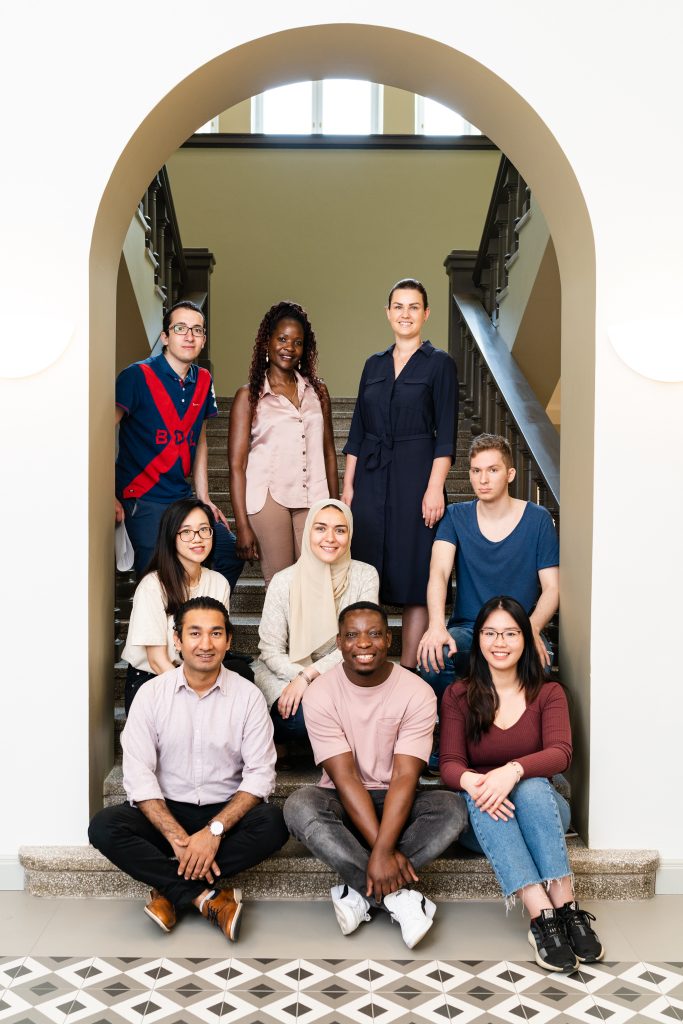
In a collective society, people dress, shop, do business, and even sometimes take their life decisions keeping the community values in mind. This can be seen in, for instance, how the members of these two societies choose their life partners. While for a Finnish person, choosing a life partner is all up to that individual’s choice, a Bangladeshi’s partner needs to be approved of not only by the parents but in many cases by extended family members as well.
This is similarly applicable to choosing a career path or higher education. Parents usually choose what they want their children to become, not what the children themselves want to become.
Other aspects of society, such as the healthcare system, are also influenced by these tendencies. Individualistic cultures prefer every person is capable of taking care of him or herself, while collective cultures prefer to receive assistance from close family members or friends.
An Indian student shared his experience with his native friend and foreign friend in terms of ‘caring’ concerns:
During the first surge of the pandemic, I got infected. I called all my friends who I have met recently. One of my Indian friends asked if I need any help with medicine, groceries, or going to the hospital, while one of my foreign friends got so scared and the first thing he said was ‘what if you also infect me’. And after that, he didn’t communicate with me at all.
People who grow up in a collective culture might sacrifice their own happiness for the greater good of the society, while those brought up in an individualistic culture will probably prioritize their own well-being and goals.
Independence and cooperation go hand in hand
For many foreigners in Finland, the first cultural shock is the feeling of isolation and a self-centered society. But is it really so?
Geographically positioned in a challenging location, Finns are hard-working, time-oriented, and self-reliant but at the same time part of a highly cooperative society. This combination has led to a culture where rules matter. Therefore, while it might look on the surface like everyone is just busy and self-centered, beneath the surface it’s about ‘talkoo’ – working together, on equal terms, for the common good.
This societal culture influences the workplace culture as well. Finnish working life is not hierarchical. In a flat horizontal structure, managers trust and rely on the skill and dedication of the employees, which provides more freedom to work independently with minimal or no supervision. While this mode of working enhances creativity and innovation, help and support are also provided through teamwork when needed.
Culture influences almost everything
Cultural structure also influences how people communicate. For example, in a Finnish work environment, it is common to salute everyone directly by their first name using ‘hey’. This can sound a bit impolite or too direct to a collective ear used to hearing ‘Dear Sir/Madam’. In general, communication is more indirect in collective culture to avoid potential clashes and disrespect.
Food contains a major part of the culture, influenced by weather, agriculture, and sometimes religion as well. Food and drink can appear as a sensitive issue, since some items are prohibited for certain religions. An Egyptian who works at a public office said, “Sometimes at work, I have no other choice than vegetarian dishes, since some days the office restaurant does not have other meat options than pork.”
Belief system is also a crucial and sensitive element of culture that has an impression on day-to-day life and society. Countries with a bigger number of foreign populations, such as Canada, celebrate and send official greetings to all sorts of religious communities. This has a significant impact on inclusion. For example, before the month of Ramadan (fasting month for Muslims) or Ridván (festival of the Bahá’í community), the Canadian Prime Minister sends official greetings, which makes the community feels connected and part of Canadian society.
Finnish society is changing
As of 2020, approximately 444,031 foreigners living in Finland, which is about 8% of the total population. It is estimated that by 2050, the number will reach 1-2 million. Since Finland is gradually heading towards a more mosaic society from an apparently homogenous one, conflicts and discontent may appear if cultural issues are not considered seriously.
The Vaasa International Talents programme is an initiative of five higher educational institutions in Vaasa. By engaging international students and Finnish companies to find each other and benefit from a diverse multicultural experience, the programme contributes to ‘melting the cultural ice’.
To learn more about Vaasa International Talents, visit the programme website and get to know some of its participants.

